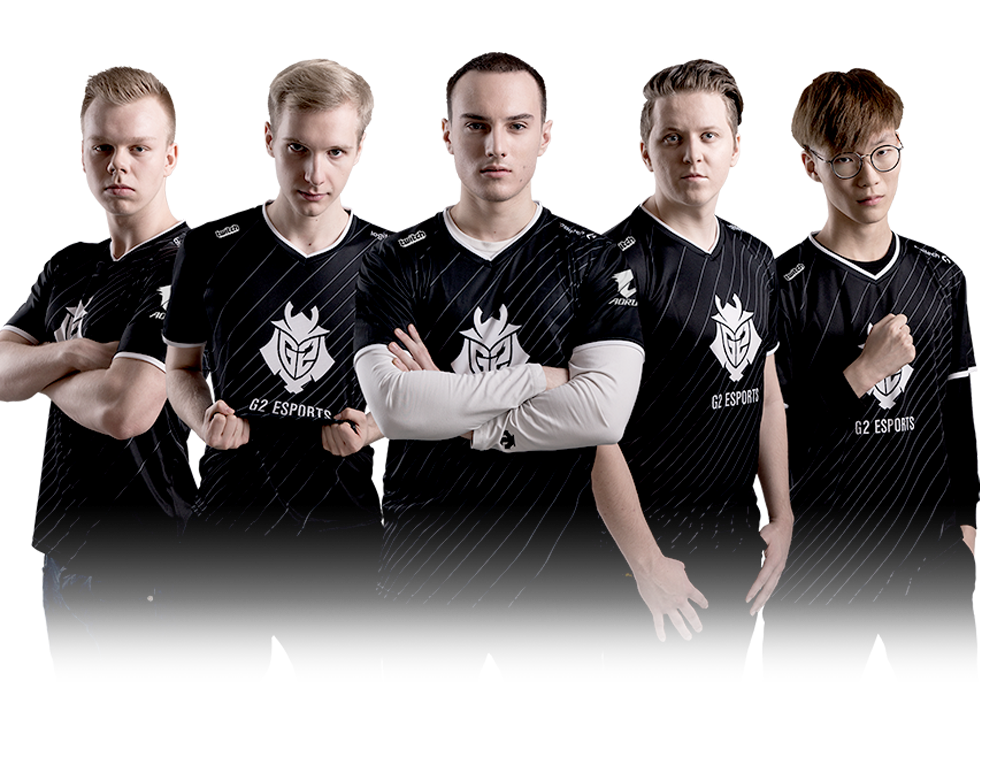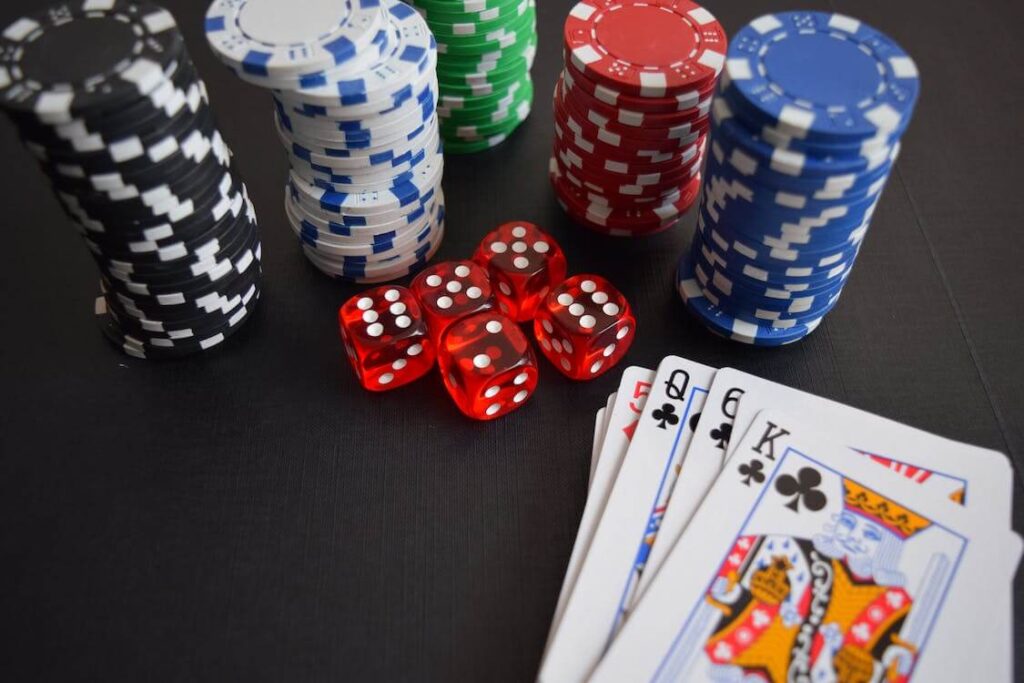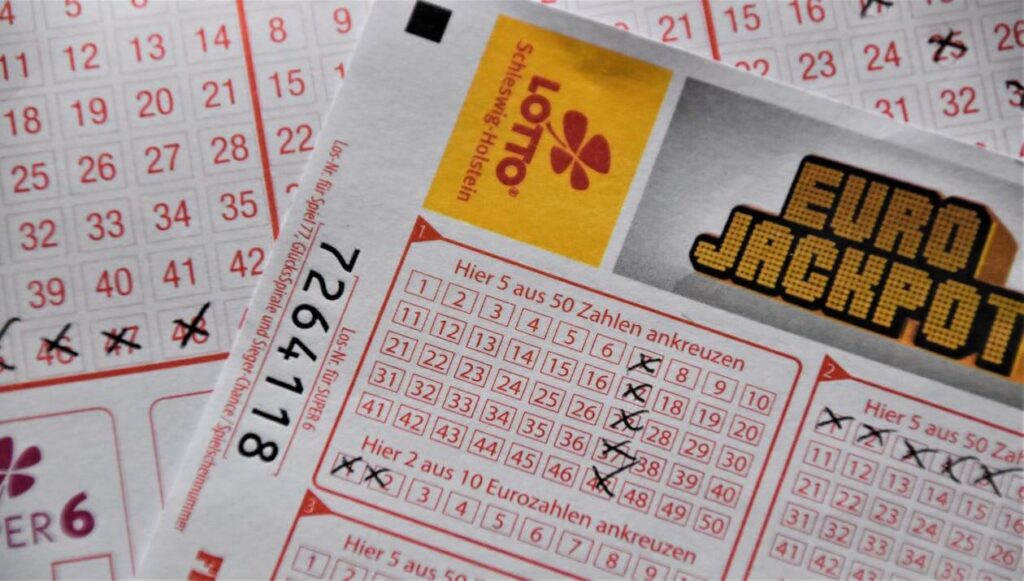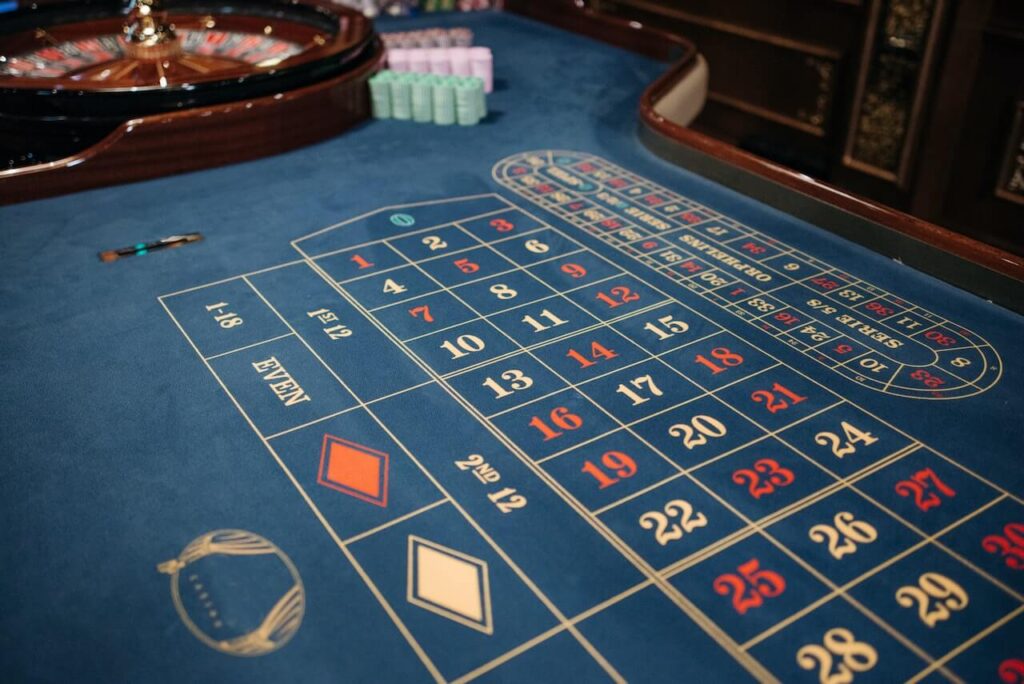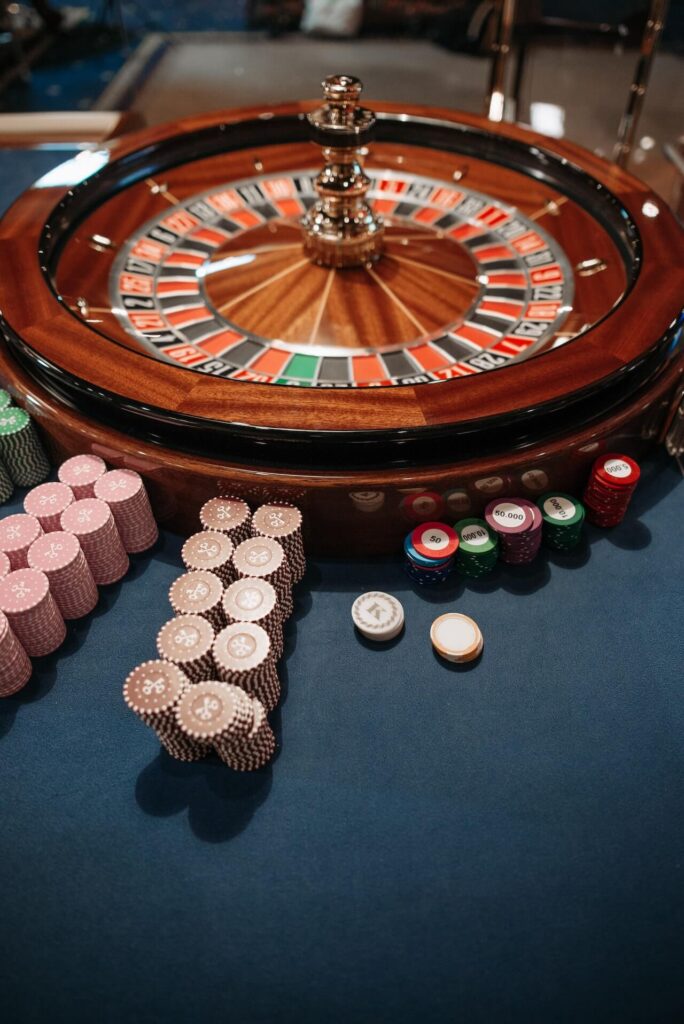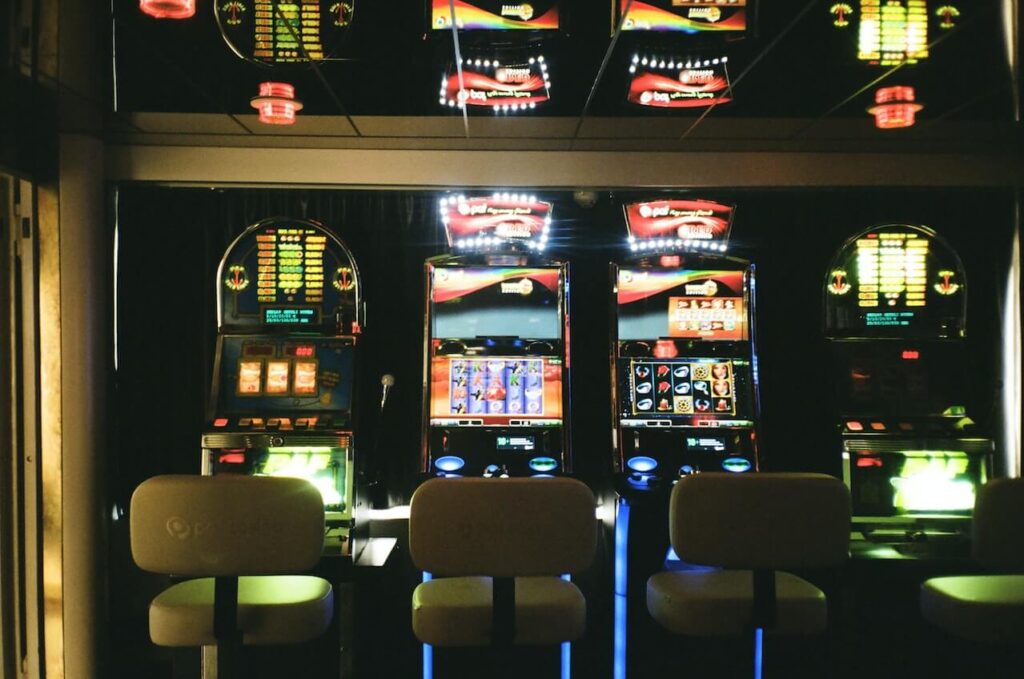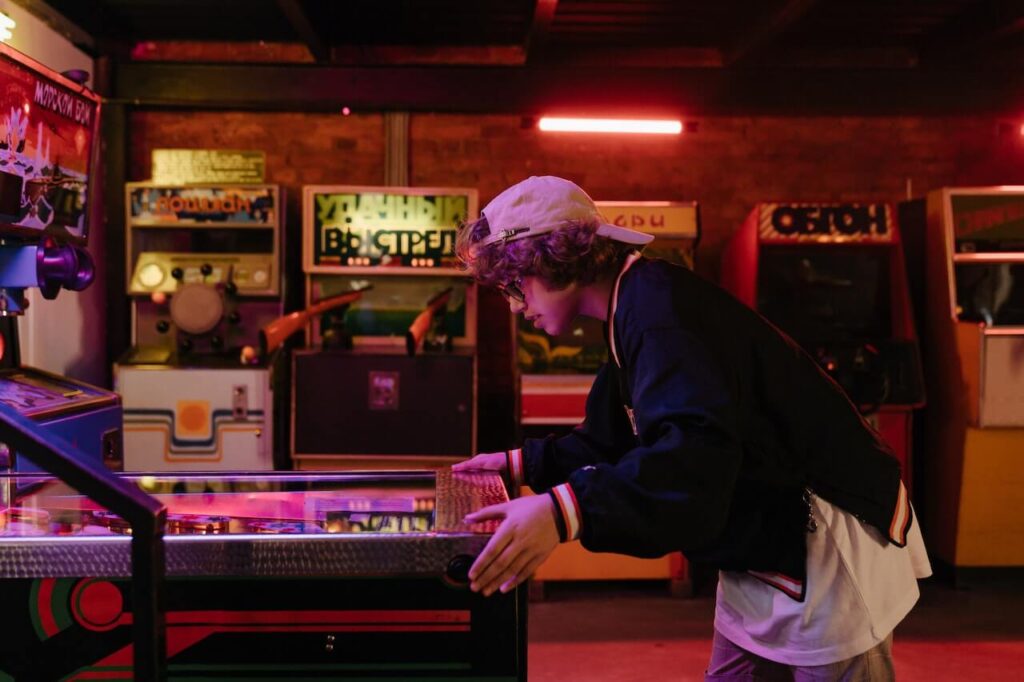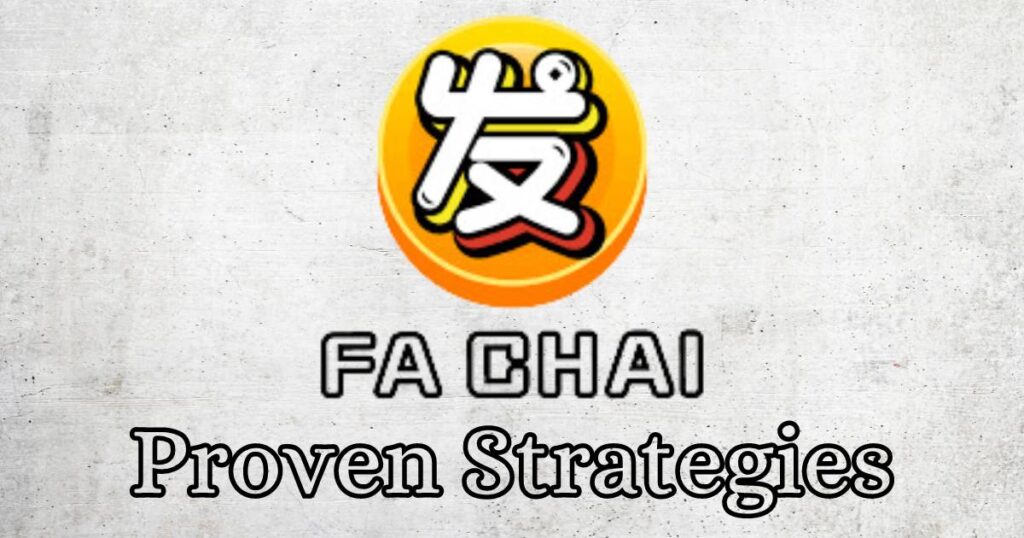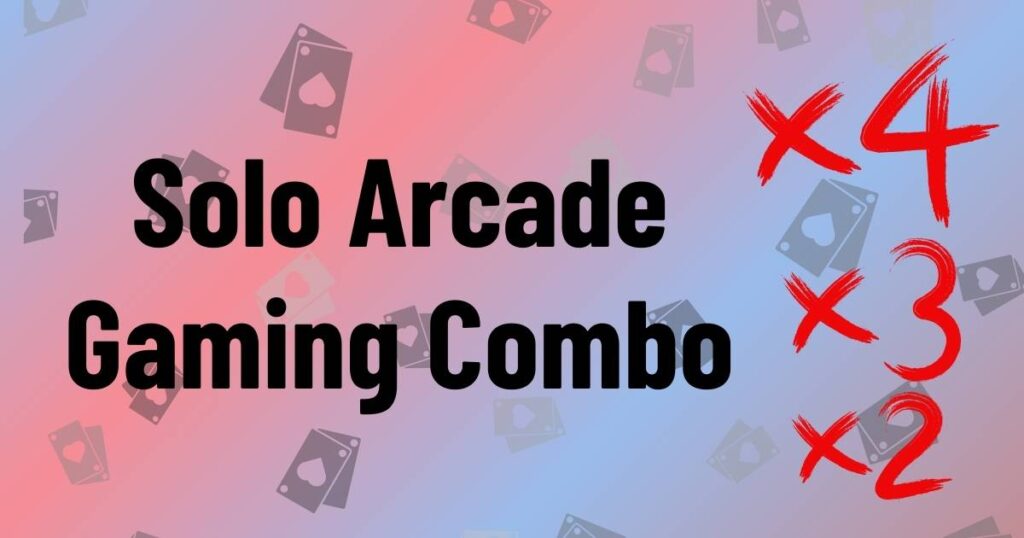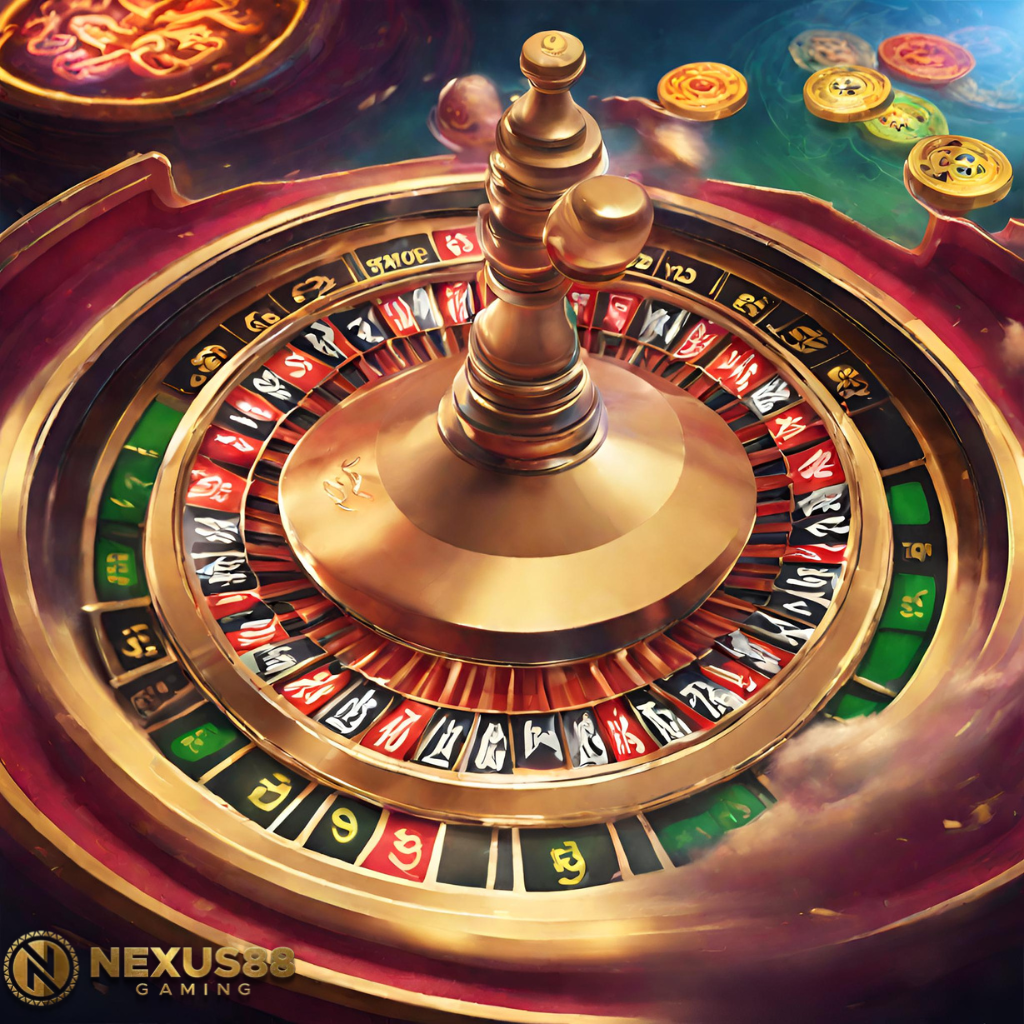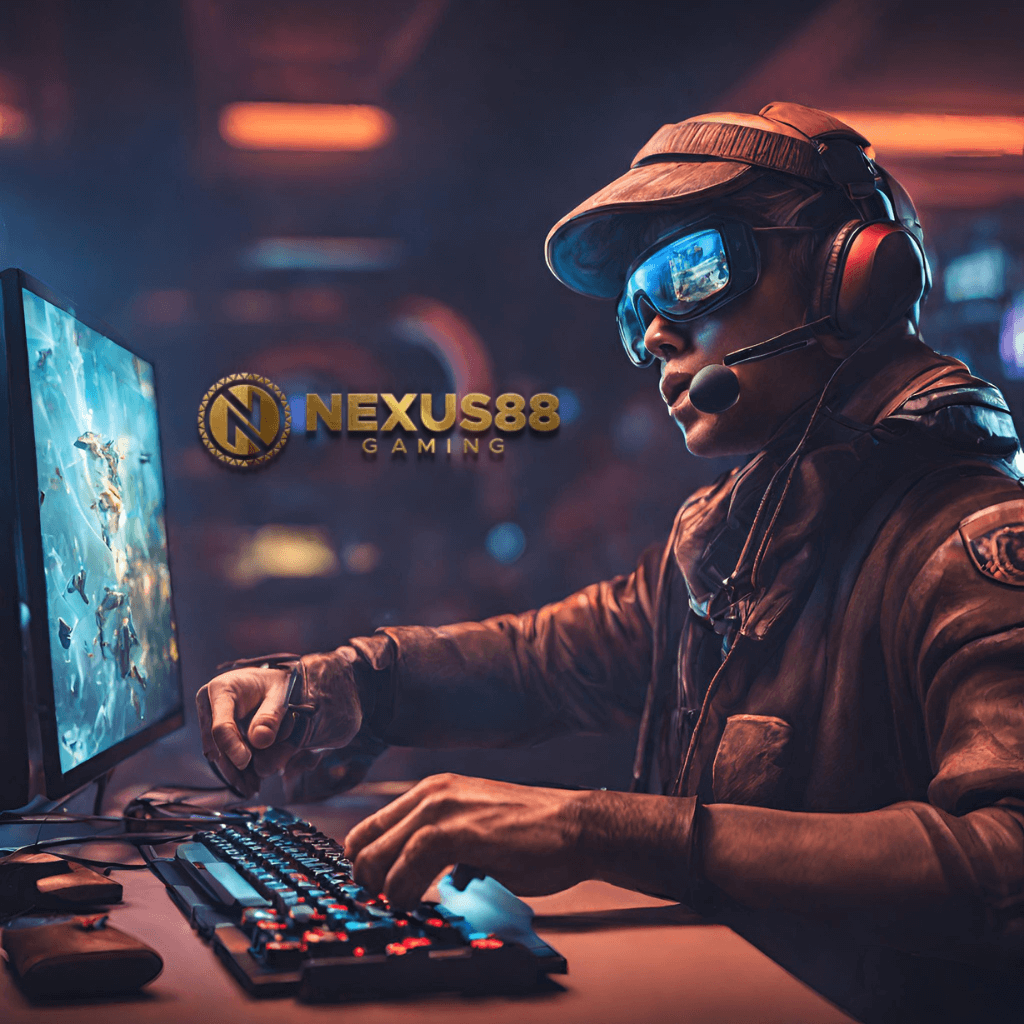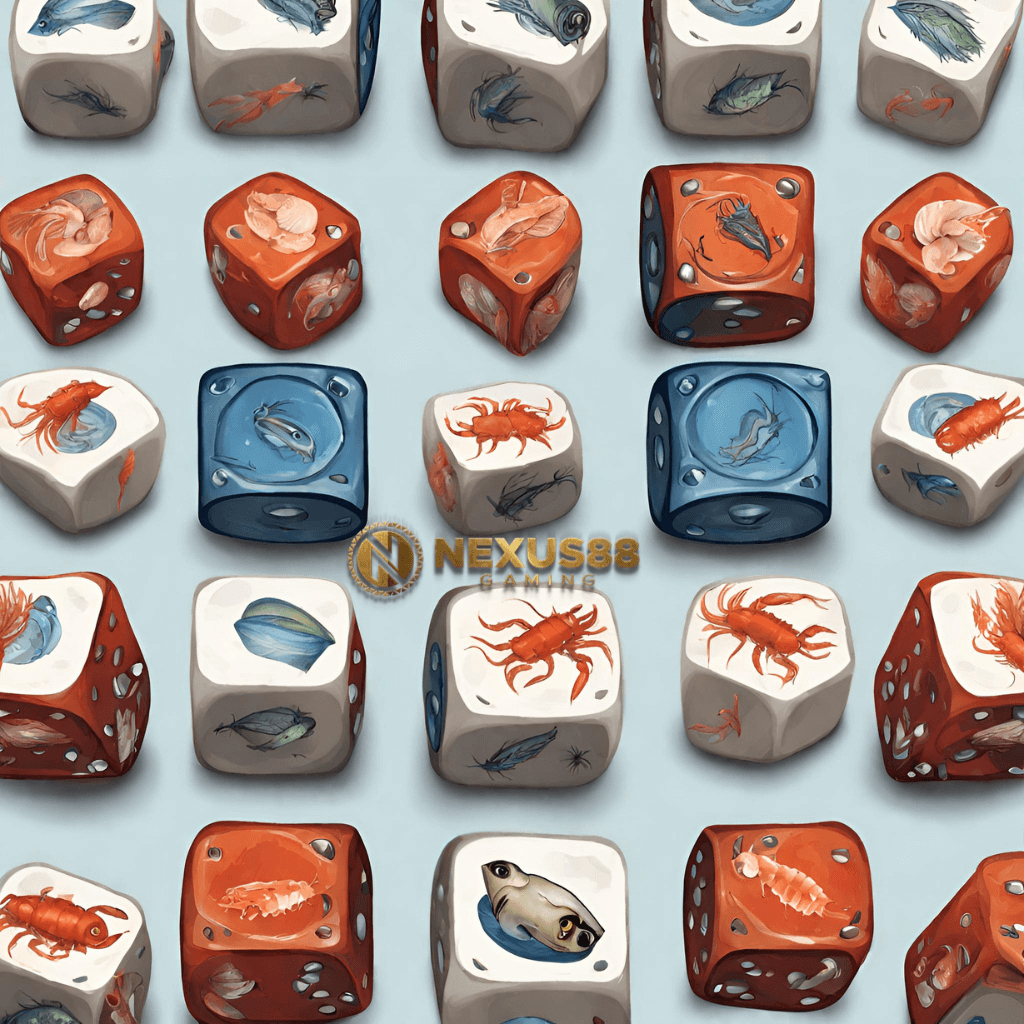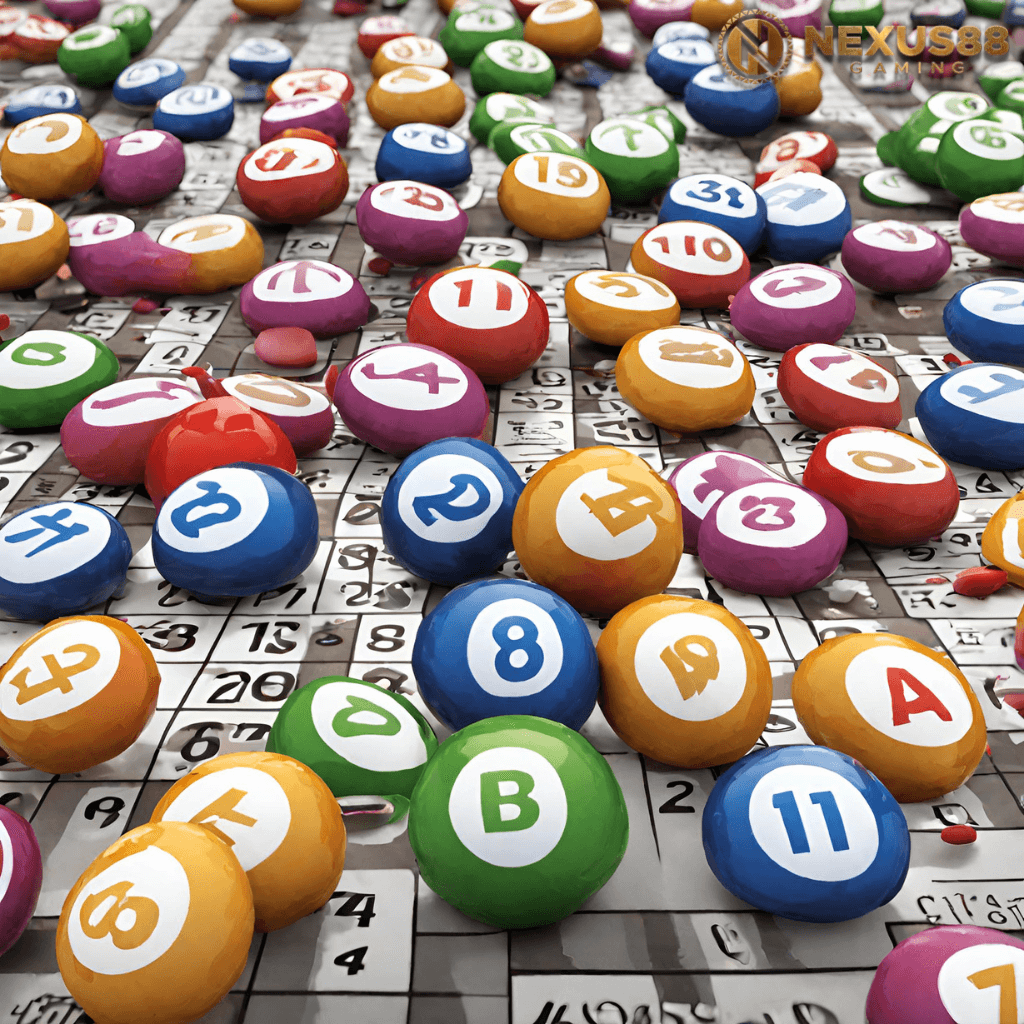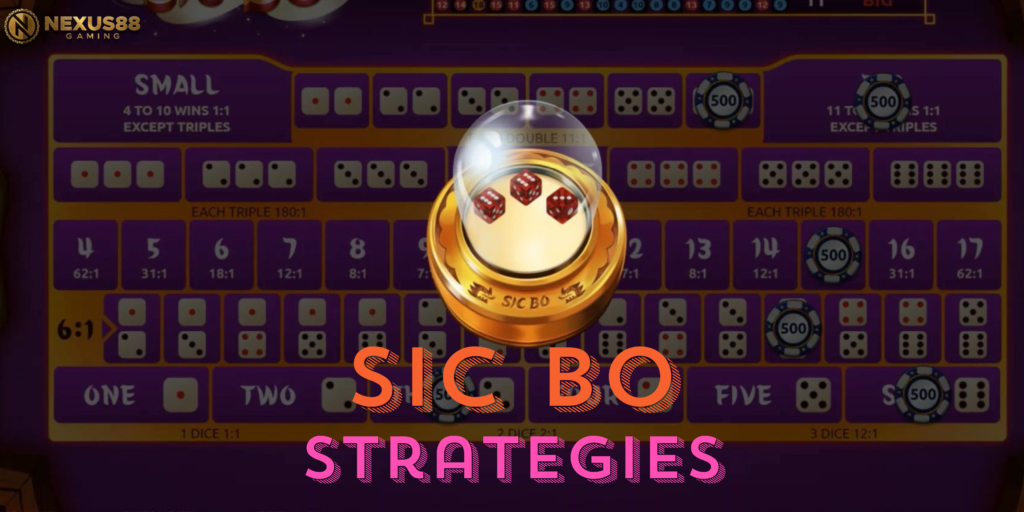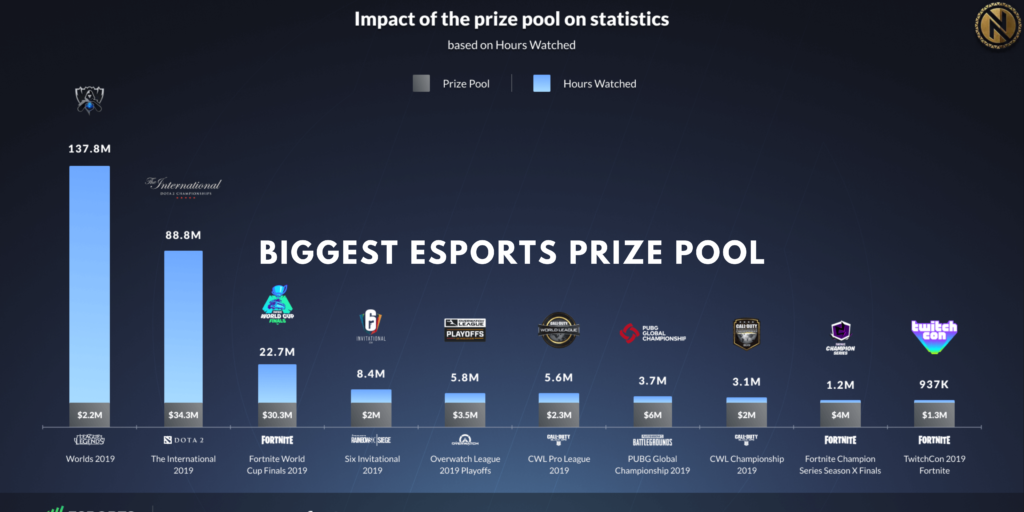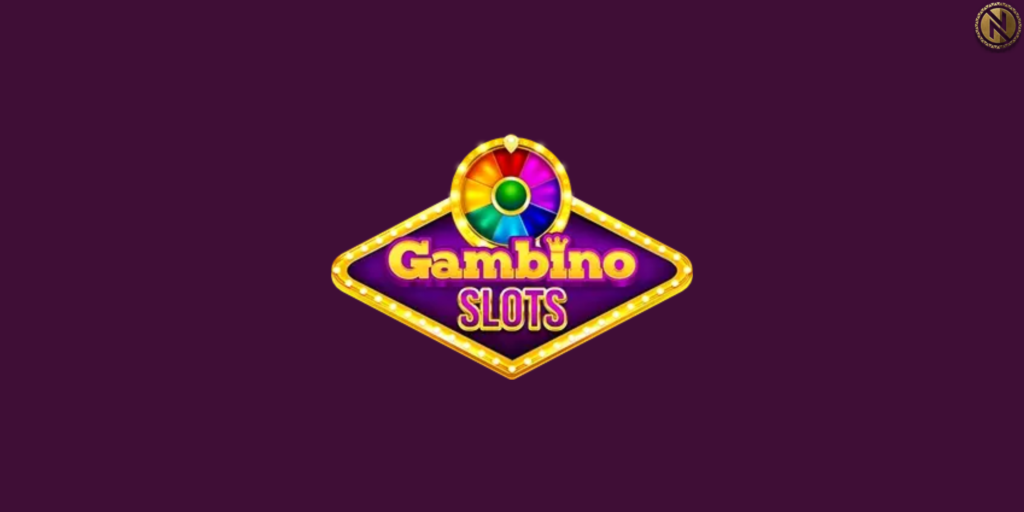Student gamers face a unique challenge: balancing their academic commitments with the demands of competitive gaming. As the Super Series gaming leagues grow in popularity, more students are finding themselves divided between their love of gaming and their desire to further their education.
In this eSports blog post, we’ll look at the dual difficulties that student gamers confront and offer practical advice on how to create a balance that allows them to flourish academically as well as in the gaming field.
Table of Contents
The Dual eSports Challenge
Student gamers today are part of a generation that has witnessed the meteoric rise of eSports. No longer just a niche hobby, competitive gaming has become a global phenomenon, with Super Series gaming leagues at the forefront. As a result, more students are embracing eSports as a legitimate career path, but this choice comes with its own set of challenges.
One of the primary challenges is the balancing act between academics and gaming. On the one hand, students must meet their educational obligations, excel in exams, and plan for future careers. On the other hand, they aspire to compete at the highest level of Super Series tournaments, improve their skills, and secure a place among the eSports elite.
With this dilemma, can one balance these two out? Don’t fret, student gaming enthusiasts! We’ve got tips for you on how to ace and maneuver the difficulties brought by these challenges.
- Time Management
Effective time management is a crucial skill for student gamers. Creating a well-structured schedule that allocates dedicated time for both academics and gaming is essential.
It’s all about allocating dedicated time for both academics and gaming. One effective technique? Time blocking.
Time Blocking: This technique involves reserving specific hours for different tasks. Need to study for that history exam? Block out those hours. Scheduled for a Super Series practice session?
Block it in. Time blocking keeps you organized and ensures you make the most of your day.
2. Setting Priorities and Saying “No”
Now, let’s talk about priorities. Not everything that demands your attention deserves it. Student gamers must learn the art of saying “no” to distractions that don’t align with their goals and long-term aspirations.
Prioritization: Ask yourself: What are your top academic and gaming priorities? Is it acing that calculus test? Nailing your in-game strategies?
Identifying your priorities helps you focus your time and energy on what truly matters.
Saying “No” to Distractions: Social media, endless YouTube rabbit holes, or those tempting Netflix binge-watching sessions can all be major time thieves. Learning to say “no” to these distractions and staying disciplined is essential for effective time management.
3. Taking Inspiration from the Pros
Ever wondered how eSports professionals manage their time? Many of them follow strict daily routines that are as regimented as a military operation. Here’s a glimpse:
Structured Practice Sessions: eSports pros don’t just play for fun; they practice with purpose. They allocate specific hours for honing their skills, focusing on areas that need improvement. It’s quality over quantity.
Physical Workouts: Keeping the body in top shape is as crucial as sharpening gaming skills. Physical fitness routines are part of their daily schedule to maintain peak performance.
Reviewing Gameplay Footage: Just like athletes watch game tapes, eSports pros review their gameplay footage. It’s a critical part of improving strategies and individual performance.
In the world of student gamers, time management isn’t just a skill; it’s a superpower that can make the difference between success and falling short of your goals. By creating well-structured schedules, setting priorities, saying “no” to distractions, and drawing inspiration from eSports professionals, you’re on the path to mastering this art.
Remember, time is your most valuable resource. How you manage it can determine your success in academics and your Super Series gaming journey.
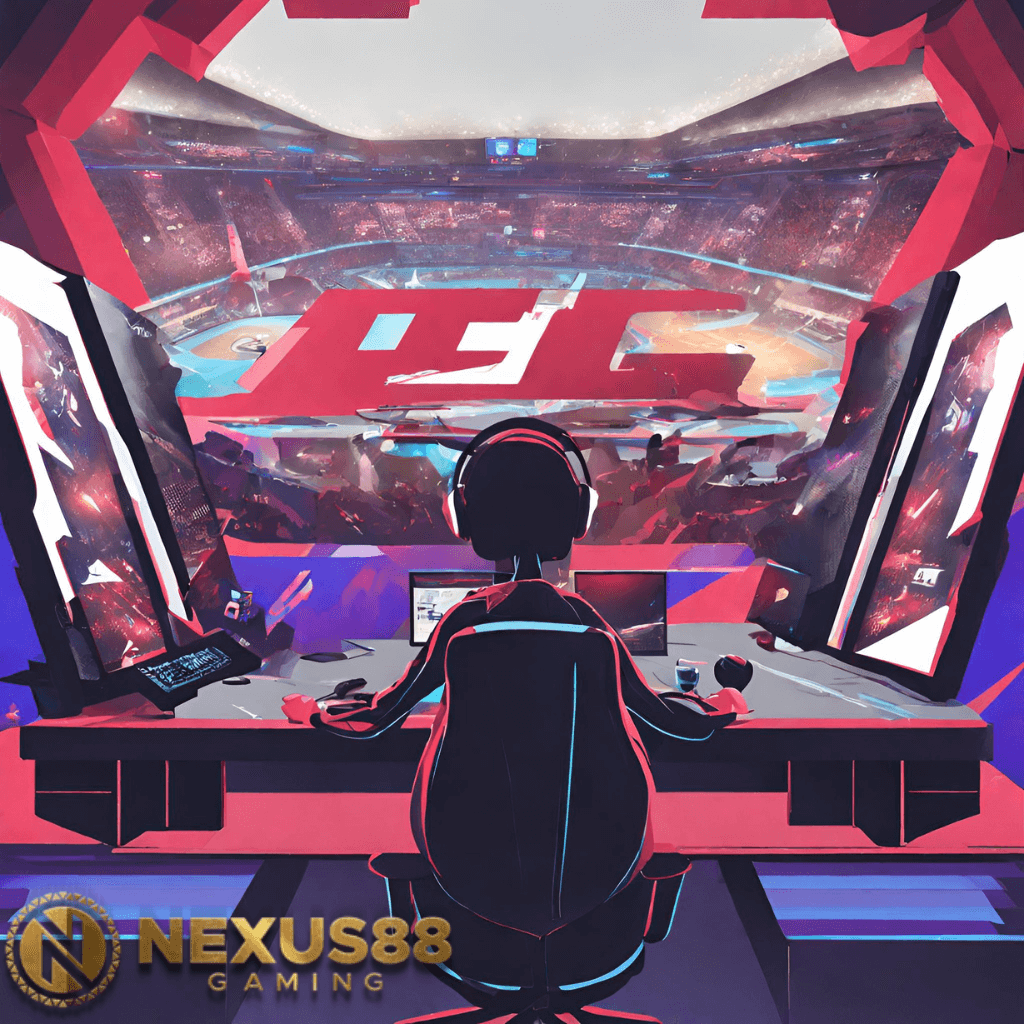
Communication and Support
Open and effective communication is key when balancing academics and gaming. Student gamers should inform their teachers, professors, and parents about their gaming commitments and competition schedules. This transparency can help in managing expectations and finding flexibility when needed.
Additionally, family support plays a significant role. Parents who understand their child’s passion for gaming are more likely to provide emotional support and assistance in creating a conducive environment for both academics and eSports.
Setting Realistic Goals
Balancing academics and Super Series gaming requires setting realistic goals. Student gamers should define their academic and gaming objectives and create a roadmap for achieving them. Short-term goals, such as achieving a certain GPA or improving gaming skills, can serve as milestones on the path to success.
By setting realistic goals, student gamers can maintain motivation and direction, ensuring that their efforts are aligned with their desired outcomes in both academics and esports.
Prioritizing Health and Well-Being
Balancing academics and Super Series gaming can be physically and mentally demanding. Student gamers need to prioritize their health and well-being. This includes maintaining a balanced diet, engaging in regular physical exercise, and getting sufficient sleep.
Moreover, mindfulness techniques, such as meditation and deep breathing exercises, can help manage stress and anxiety. Mental well-being is just as crucial as physical health, especially in high-pressure situations like competitive gaming.
Leveraging Educational Resources
Student gamers can benefit from educational resources that complement their academic journey. Many universities and online platforms offer flexible courses that align with gamers’ interests. These resources can help students maintain a balanced schedule while pursuing their passions.
Additionally, joining study groups or seeking academic support when needed can alleviate academic stress and ensure that students stay on track with their coursework.
Time for Gaming: Quality Over Quantity
Quality gaming sessions are often more productive than extended hours of play. Student gamers should focus on efficient practice, skill improvement, and strategy analysis during their gaming sessions. This approach not only conserves time but also leads to better results.
Moreover, learning to strike a balance between practice and rest is crucial. Overexertion can lead to burnout, which can have adverse effects on both academics and gaming.
Learning from Setbacks
In the journey of balancing academics and Super Series gaming, setbacks are inevitable. Student gamers should view setbacks as opportunities for growth. Learning from failures, adapting strategies, and maintaining resilience are key qualities that can propel them forward.
Several stories of student gamers who faced setbacks but persevered to achieve their goals can serve as inspiration. These individuals turned challenges into stepping stones toward success.
Conclusion
Balancing academics and Super Series gaming is indeed a dual challenge, but it can be conquered with dedication, discipline, and a well-thought-out approach.
Student gamers who excel academically while pursuing their passion for eSports demonstrate that it is possible to strike a harmonious balance between education and gaming.
By following time management strategies, prioritizing health, seeking support, and learning from setbacks, student gamers can find success in both their academic pursuits and the competitive world of Super Series gaming. Remember, the journey may be challenging, but the rewards are worth the effort.

